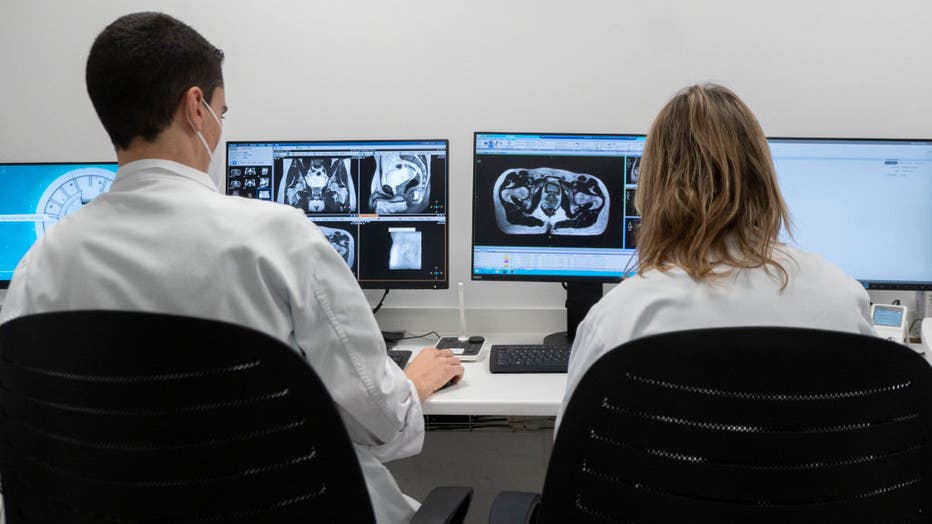COVID-19 lockdowns in China cause global shortage of ‘contrast material’ used for medical imaging
LOS ANGELES - The Food and Drug Administration has sounded the alarm over a global shortage of contrast materials that are used for CT scans, MRIs and other medical imaging.
A host of other hospitals have also sent out alerts over the shortage, warning patients and consumers that they plan to ration current supplies.
"Due to unprecedented COVID-related supply chain disruptions in China, all hospitals in the United States are experiencing a shortage of contrast media (sometimes referred to as X-ray dye) used to perform CAT or CT scans," wrote St. Lukes University Health Network on its website.
There are several types of contrast materials. Some are fluids that are ingested, while other can be injected into a patient’s blood stream. Contrast material can be made up of a variety of compounds or naturally occurring chemical elements including iodine or barium-sulfate.
These materials improve the quality of medical images which helps doctors distinguish normal from abnormal conditions in a patient’s body which is why a shortage is so worrisome.

FILE - Two technicians control the only MRI-guided molecular precision radiotherapy system in Spain, at the Carlos III Hospital, on December 17, 2021.
The contrast materials are largely produced in Shanghai, China which is currently undergoing an unprecedented lock down due to COVID-19.
"COVID-19 shutdowns in Shanghai, China, have caused a significant global shortage of intravenous contrast used in imaging procedures like enhanced X-rays, CT scans and MRIs. IV contrast is also used in procedures where the dye helps show the anatomy; with a heart catheterization, the contrast makes the blood "light up" as it passes through the heart so a physician can see blood flow," The University of Alabama at Birmingham hospital wrote.
Some medical centers are reporting shortages lasting longer than a month.
Once New York hospital group said that GE Healthcare expects there to be an 80% reduction in supplies for the next six to eight weeks.

